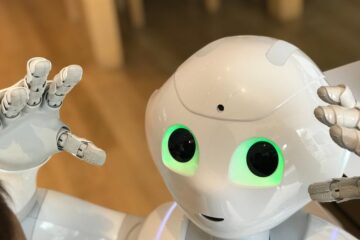In a recent announcement, Mark Zuckerberg, the CEO of Meta (formerly known as Facebook), revealed that the company is developing new AI tools that will allow users to create and manage multiple personas on the platform. The tools will reportedly leverage machine learning and natural language processing to generate unique personalities and interests for each persona.
This development is part of Zuckerberg’s broader vision for the Metaverse, a virtual reality space where users can interact with each other in real time using digital avatars. The ability to create and manage multiple personas is seen as a key component of this vision, allowing users to present themselves in different ways to different people and participate in a variety of communities and experiences.
According to Zuckerberg, the AI tools will make it easy for users to create and switch between personas, allowing them to explore different aspects of their identity and connect with people who share their interests. The tools will also help users manage their privacy by allowing them to control what information is associated with each persona and who has access to it.
While the announcement has generated excitement among some users, others have raised concerns about the potential for abuse and manipulation. Critics worry that the ability to create and manage multiple personas could be exploited by bad actors to spread misinformation, engage in harassment or bullying, or evade detection and punishment for abusive behavior.
To address these concerns, Meta has pledged to implement a range of safeguards and controls to prevent misuse of the AI tools. These include measures to detect and remove fake personas, restrictions on the number of personas that can be created by a single user, and limits on the types of activities that can be performed by each persona.
Overall, the development of AI tools for creating and managing personas on Meta represents a significant step forward for the company’s vision of the Metaverse. While the technology is still in the early stages of development, it has the potential to transform the way we interact with each other online and open up new opportunities for self-expression, creativity, and community building.




